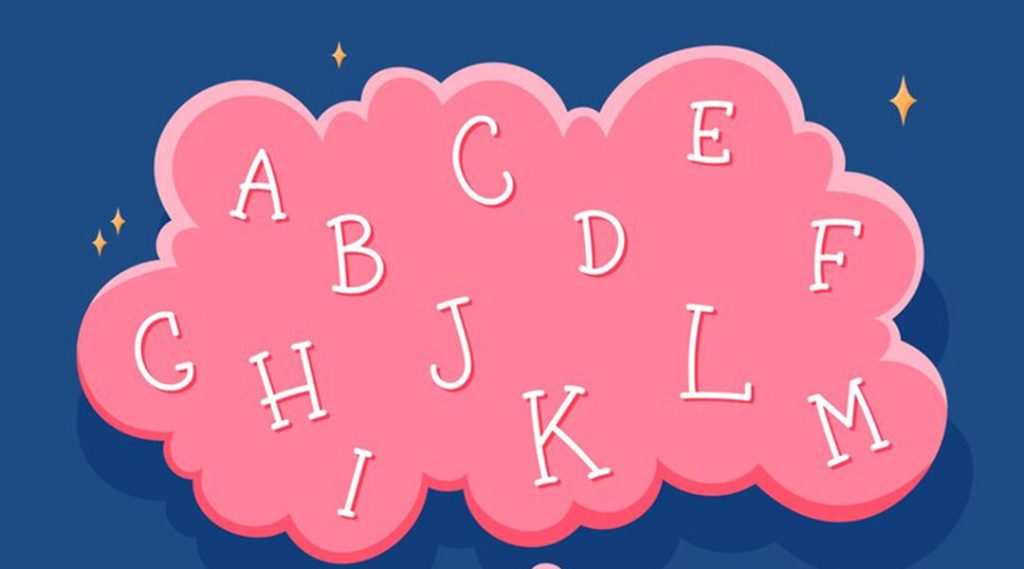告别“不会用”的尴尬,掌握主语、宾语、表语与同位语从句
一、什么是名词性从句?
名词性从句(Noun Clause)是指在句中作主语、宾语、表语或同位语的从句,可整体当作一个名词来使用,常由以下连接词引导:
- that, if, whether
- wh-词:what, who, how, when, where, why 等
二、名词性从句四大类型详解
1. 主语从句(Subject Clause)
作整个句子的主语,谓语动词通常使用单数:
That she passed the exam surprised everyone.
What he said doesn’t make sense.
📌 注意:主语从句前常加 It 作为形式主语,主句结构更自然:
It is obvious that she made a mistake.
It’s important that we learn English well.

2. 宾语从句(Object Clause)
作动词的宾语,是最常见的用法,常接在 say, think, believe, know, wonder 等动词后:
I think that he is right.
She asked if I had finished.
Can you tell me what he wants?
✅ 时态一致原则:若主句是过去时,从句通常也要使用过去时。
3. 表语从句(Predicative Clause)
作连系动词(如 be)后的表语,说明主语身份或内容:
The fact is that he lied.
The problem is whether we can finish on time.
4. 同位语从句(Appositive Clause)
用于解释说明名词(如 idea, fact, news, question)内容:
I heard the news that she got a scholarship.
The question whether we’ll go hasn’t been answered yet.
⚠️ 注意与定语从句区别:定语从句修饰名词;同位语从句解释内容。

三、名词性从句的易错点提示
| 易错点 | 正确用法 | 错误示例 |
|---|---|---|
| 宾语从句顺序 | 主语 + 谓语 + 宾语 | ❌ I don’t know what does he mean. ✅ I don’t know what he means. |
| that 不可省略场合 | 主语从句开头 | ❌ That he left early surprised us. ✅ 正确 |
| 时态一致问题 | 主句过去时,从句用过去时(特殊情况除外) | ❌ He said he is tired. ✅ He said he was tired. |
四、写作中的高级表达技巧
名词性从句是扩展句子长度和复杂度的首选结构。它使观点表达更具逻辑性与完整性:
示例段落:
Many people believe that success depends on hard work, but whether effort always leads to results remains a question. It is widely acknowledged that external conditions also influence performance, which explains why some individuals progress faster than others.
🎯 以上段落中包含多个宾语从句、主语从句和同位语从句,使句子逻辑严谨、衔接紧密,特别适合应用在四级写作或雅思议论文中。
五、实用练习建议
- 听写训练:用听力材料提炼包含宾语从句的语句。
- 句型转换:从简单句转化为含名词性从句的复合句。
- 仿写句式:使用同样的结构造句,加强固定搭配掌握。
如果你希望通过每日系统训练彻底掌握主语、宾语、表语、同位语等核心句法结构,欢迎使用我们的 “李校来啦英语智能训练系统”。系统已上线“句子结构专项课程”,支持批改分析、即时纠错和真题模拟训练,帮助你从零构句到熟练表达,逐步迈向语法与写作的高阶水平。




